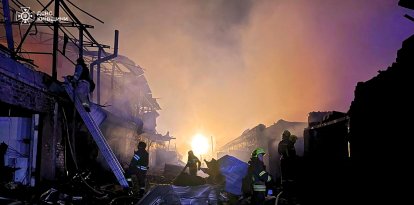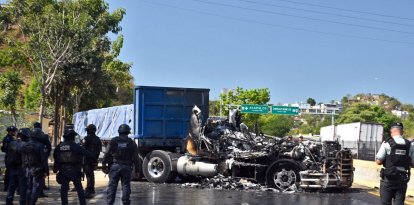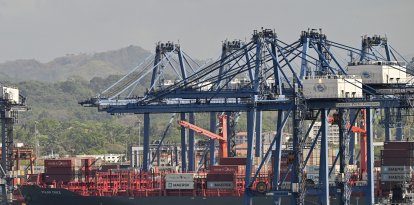No bread, no light: How Cuba has come this far
The regime severely persecutes those who slaughter cattle. But a few days ago, bread came out of the rationing book.

(Cordon-Press)
Before a group of bearded men came down from the Sierra Maestra and entered Havana to start what they would call "the revolution," Cuba was a relatively prosperous country.
It had problems, of course. But in comparative terms, it could be said that Cuba was at the head of regional development. At that time, only Argentina and Venezuela surpassed it in per capita income. Its unemployment was the lowest in the region, and it had been correcting some of its structural deficiencies, for example in education, with the literacy rate reaching 76%, the fourth highest in Latin America.
In relative terms, Cubans had achieved important advances in their living conditions. They had the lowest infant mortality rate in the region, ranked second in the number of cars and telephones per capita, first in the number of televisions per inhabitant and boasted 6 million head of cattle.
For a very long time now on the island, things have been changing. There is hardly any meat. The regime severely persecutes those who slaughter cattle. But a few days ago, bread came out of the rationing book;
Once again, the communist regime has demonstrated its extreme inability to lift up the economy. It can't even provide bread anymore. And once again, it is preparing to beg other countries for subsidies. Will it be Russia? Will it be China? Will it be Iran?
Despite the consequences (many have already been arrested, and others' whereabouts are unknown), thousands of Cubans crowd the streets of Bayamo, Granma, Santiago, Holguin and Ciego de Avila to ask for "electricity and food." They blame the communist regime for the suffocation they suffer. The series of measures that the regime put into effect at the beginning of March were yet another blow. Cubans have lost their fear. Because he who has hardly anything to lose fears nothing.
How did we get here? How did one of the once most prosperous and developed countries in Latin America become incapable of providing bread, light and sugar to its population?
Many decades have passed since the Havana regime gave up on having a productive fabric capable of meeting the country's needs. The revolution dismantled the economic system that had been in place until then, mainly composed of small and medium-sized businesses. It confiscated property, caused the outflow of valuable human capital and prohibited any hint of free enterprise, replacing it with a centralized economy. And it failed. That is why communist Cuba has lived subsidized by foreign nations--first the Soviet Union, then Venezuela--bowing to their interests.
Once again, the communist regime has demonstrated its extreme inability to lift up the economy. It can't even provide bread anymore. And once again, it is preparing to beg other countries for subsidies. Will it be Russia? Will it be China? Will it be Iran?
A few days ago, at least 17 young Cubans died in Ukraine fighting for Vladimir Putin. That is why it makes sense that, in addition to "electricity and food," Cubans shout "homeland and life, libertad!"

























